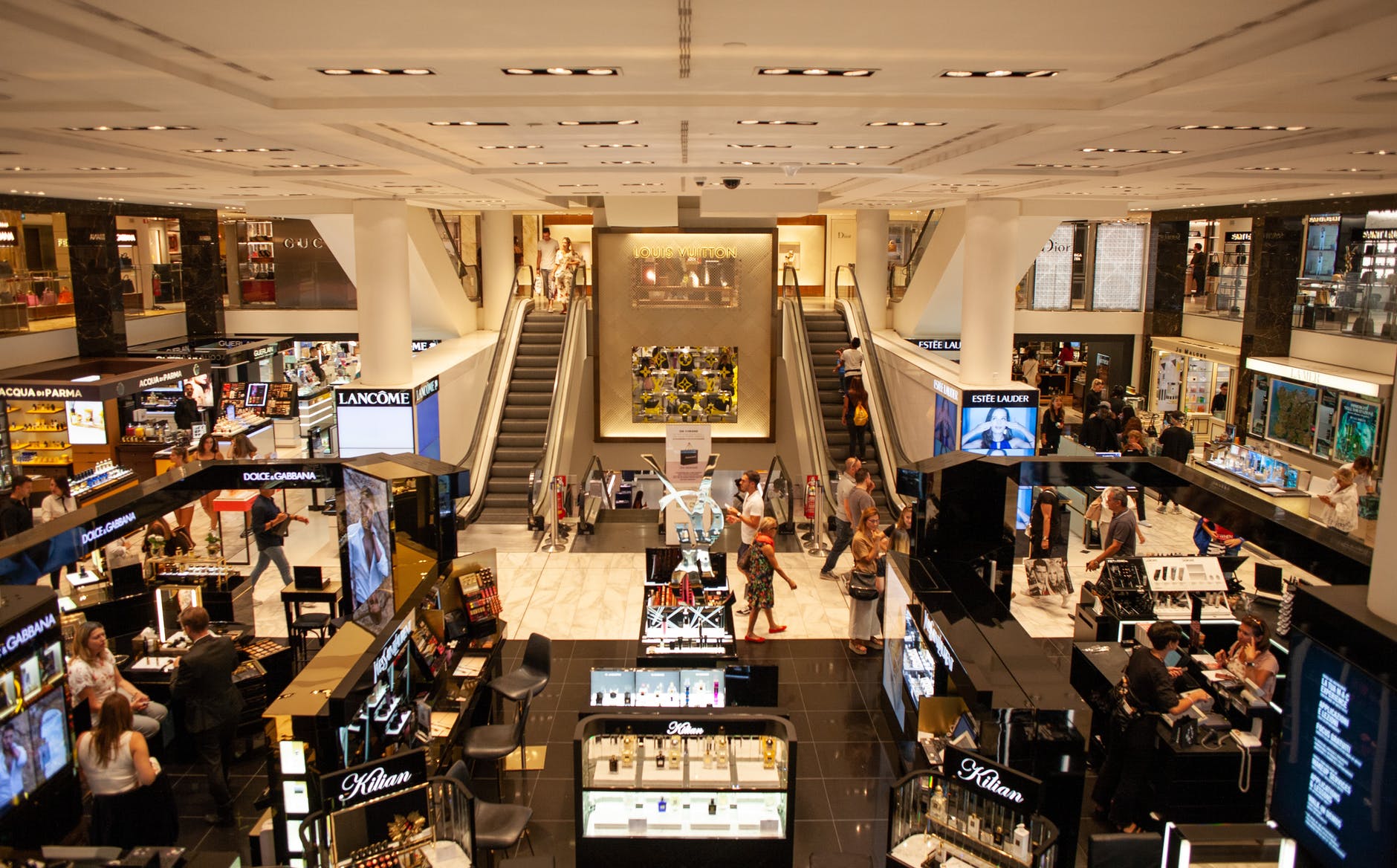
By Dr Sarah Montano
Department of Marketing, University of Birmingham
The impact of COVID-19 on UK retail activity has been virtually unprecedented, with a record 18.1% fall in retail sales, in April 2020, which followed a fall of 5.2% in March 2020. The impact of this fall in sales can be particularly seen by the drop in clothing sales in April 2020 by 50.2%, against March 2020. However, it was recently announced that non-essential shops in England can open from 15th June. Retailers are making preparations for the return of their operations with Primark planning to open all of its 153 stores.
Whilst consumers have been in lockdown however, they have still been engaged in retail activity. Online sales reached record propositions with 30.7% of sales taking place online compared to 19.1% in April 2019. Indeed, various retailers have positioned their online stores as their “Virtual Flagship Store” offering the same service levels and product range that could be found in the traditional high-street store. The challenge for the high-street, will be to encourage customers to return when they have become used to the convenience of shopping online. Whilst, retailers may be keen to open, to bring in some much-awaited income, shopping is unlikely to return to the pre-COVID days and the in-store experience will look quite different. There are a number of reasons for this:
- Social distancing regulations will limit the number of customers in-store and floor markings will indicate the social distancing rules;
- There may be less product availability due to items being placed under quarantine. Waterstones plans to put its books under a 72-hour quarantine after customers have picked up a book in order to protect customers from the spread of the virus;
- Protecting health of retail employees will be of critical importance and so screens may be in place around the till area and employees may wear PPE.
Today, retail is more than just product purchase, retail is about an experience, being social and building communities. For example, as seen in the Birmingham Primark with its emphasis on food and drink and the health and beauty offerings. Or Knightsbridge Harvey Nichols with its various bars and cocktail masterclasses. Whilst social distancing regulations remain in place this will be difficult to achieve. When John Lewis re-opens they will not allow access to changing rooms, personal styling or beauty appointments.
However, retail is an area that constantly evolves and adapts to circumstances. Over the last few weeks, we have already seen retail innovations develop. For example, Harrods concept store in Shepherd’s Bush will open, this will allow Harrods to serve more customers. Boots will offer video consultations with its No.7 advisors, to allow customers to continue accessing skin care advice.
Furthermore, with the limitations on public transport, those high-streets that are in walking distance may well find that they become successful and regenerated as they are able to offer a convenient customer experience.
It is a very mixed retail picture but over the centuries retail has survived numerous challenges and this will be no exception. The retail experience may be different in the near future, but retail will continue to innovate.
